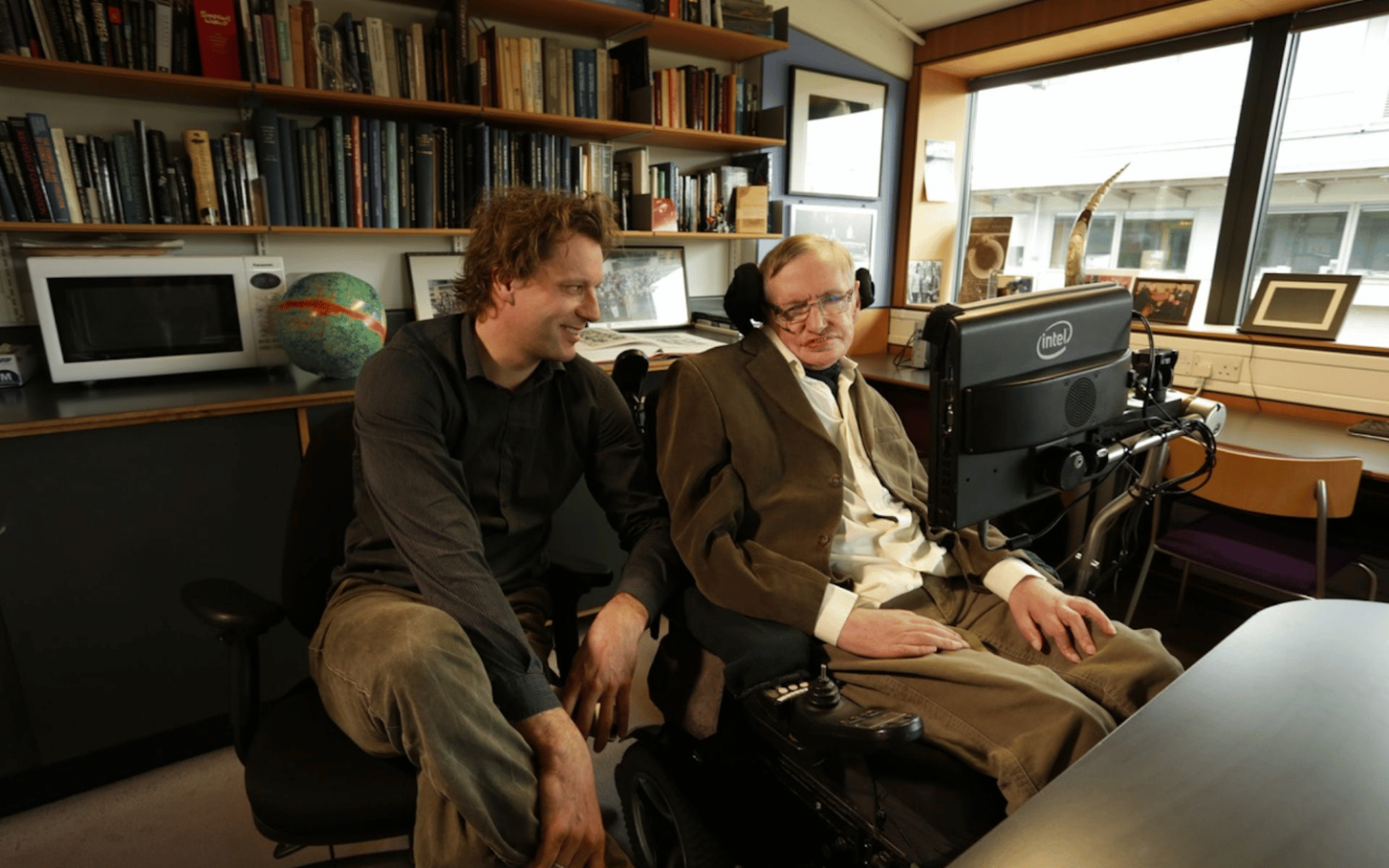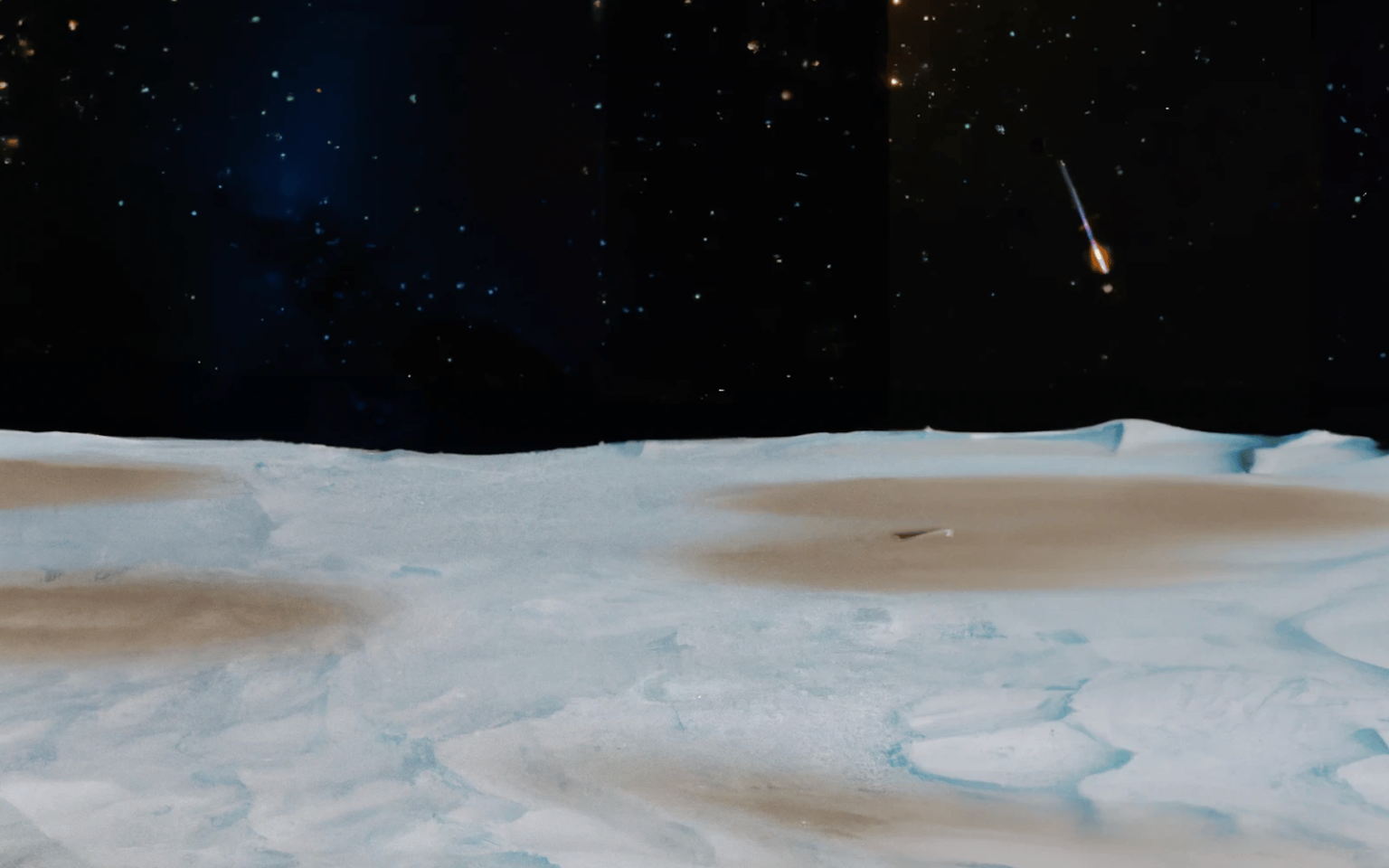As dawn rose over the German city of Bremen on May 7 1823, Heinrich Olbers put the finishing touches to an article that left his name in history. After the deaths of his wife and daughter, Dr Olbers had recently given up his work as an opthalmologist to devote himself to his nocturnal passions: the stars, the Moon, meteorites and comets. Like many of his peers, Olbers trained himself in astronomy. He gained a solid reputation in the academic world and spent long nights observing the sky from the observatory on the second floor of his house. On that morning, Olbers had come to…
Author: The Conversation
3D-printed medicine could be the future of personalised healthcare, with research now suggesting printed tablets have reached a sufficient quality to match the standards set for conventionally manufactured tablets. Our new study, published in the International Journal of Pharmaceutics, highlights the promise 3D-printed medicines hold for patients. If we can scale 3D printing to everyday use, the near limitless potential to have medicines customised to your specific health needs may become a reality sooner than you think. One size doesn’t fit all For a long time, medicines have been produced with what you might call a “one-size-fits-all” approach, whereby tablets…
Microsoft and Google have recently made big investments in two of the most valuable companies in artificial intelligence (AI). OpenAI, which developed ChatGPT, has received a staggering investment of US$10 billion (£7.8 billion) from Microsoft, while Google has invested US$300 million in Anthropic. The companies’ financial support for AI has pushed an ongoing rivalry in to the public spotlight. Google’s struggle for dominance with Microsoft is increasingly at the forefront of discussions about AI’s future success. Google has made enormous contributions to the field of AI development, including the invention of transformers – a particular form of machine learning, where an algorithm…
The four-day-long search for the missing Titan submersible has come to a tragic end. Reports have confirmed the vessel was subject to a “catastrophic implosion” at some point during its voyage towards the Titanic shipwreck, which would have killed all five passengers instantly. A debris field comprising “five different major pieces of debris” of various sections of the submersible was found on the sea floor by a remotely operated vehicle, about 500 metres away from the bow of the Titanic, officials said. These findings are in line with previous news that an acoustic signature “consistent with an implosion” was detected…
Our nation is experiencing its lowest productivity growth in 60 years, according to the Committee for the Economic Development of Australia. And this downturn is reflected across most advanced economies worldwide. So it’s not surprising some see the rise of artificial intelligence (AI) as productivity’s saviour. Media articles herald a new era of high productivity enabled by AI, and particularly by generative AI tools such as ChatGPT and DALL-E. Similarly, the world’s top journals are filled with accounts of how AI has enabled transformative leaps in research. Machine learning has been used, for example, to predict the shape of proteins from DNA information, or to control the shape of super-heated…
An extensive search and rescue operation is underway to locate a commercial submersible that went missing during a dive to the Titanic shipwreck. According to the US Coast Guard, contact with the submersible was lost about one hour and 45 minutes into the dive, with five people onboard. The vessel was reported overdue at 9.13pm local time on Sunday (12.13pm AEST, Monday). The expedition was being run by US company OceanGate as part of an eight-day trip with guests paying US$250,000 per head to visit the wreck site. As of Monday afternoon (Tuesday morning in Australia), US Coast Guard Rear Admiral John Mauger said the watercraft…
The late physicist Stephen Hawking first asked me to work with him to develop “a new quantum theory of the Big Bang” in 1998. What started out as a doctoral project evolved over some 20 years into an intense collaboration that ended only with his passing on March 14 2018. The enigma at the centre of our research throughout this period was how the Big Bang could have created conditions so perfectly hospitable to life. Our answer is being published in a new book, On the Origin of Time: Stephen Hawking’s Final Theory. Questions about the ultimate origin of the cosmos, or universe, take…
We all used to think there were nine planets. But in 2006 the solar system was left with only eight planets, when Pluto was no longer classified as such. Is it still possible there is a planet out there beyond Neptune – possibly way beyond it? In the last 20 years, we have made significant strides in exploring the outer solar system. We are talking about what is known as Trans-Neptunian Space, the eternal night beyond the realm of the giant planets. And in this exploration we have come across a surprising population of inhabitants, the so-called Extreme Trans-Neptunian Objects, whose peculiar…
The launch of ever-capable large language models (LLMs) such as GPT-3.5 has sparked much interest over the past six months. However, trust in these models has waned as users have discovered they can make mistakes – and that, just like us, they aren’t perfect. An LLM that outputs incorrect information is said to be “hallucinating”, and there is now a growing research effort towards minimising this effect. But as we grapple with this task, it’s worth reflecting on our own capacity for bias and hallucination – and how this impacts the accuracy of the LLMs we create. By understanding the link between AI’s hallucinatory…
Artificial intelligence (AI) has revolutionized many different industries in recent years. It gained a lot of attention and popularity with the launch of ChatGPT, a tool capable of writing poems, solving equations and producing articles on different topics. With the fast-paced implementation of AI in different fields, will it take the place of architects and architecture schools soon? To answer this question, we need to understand the capabilities of AI and the role of architects and architecture schools. Architectural education While the topics and research surrounding AI are rapidly evolving, AI lacks certain qualities and characteristics that architects gain by completing architecture…









